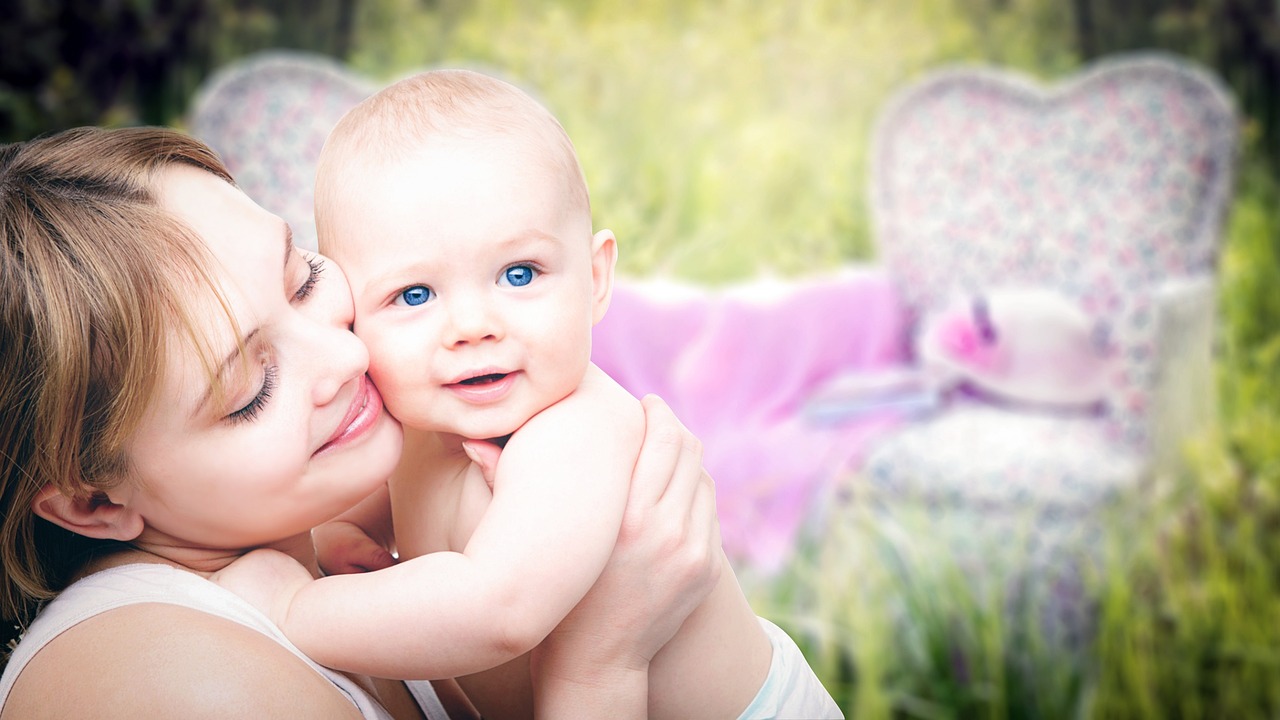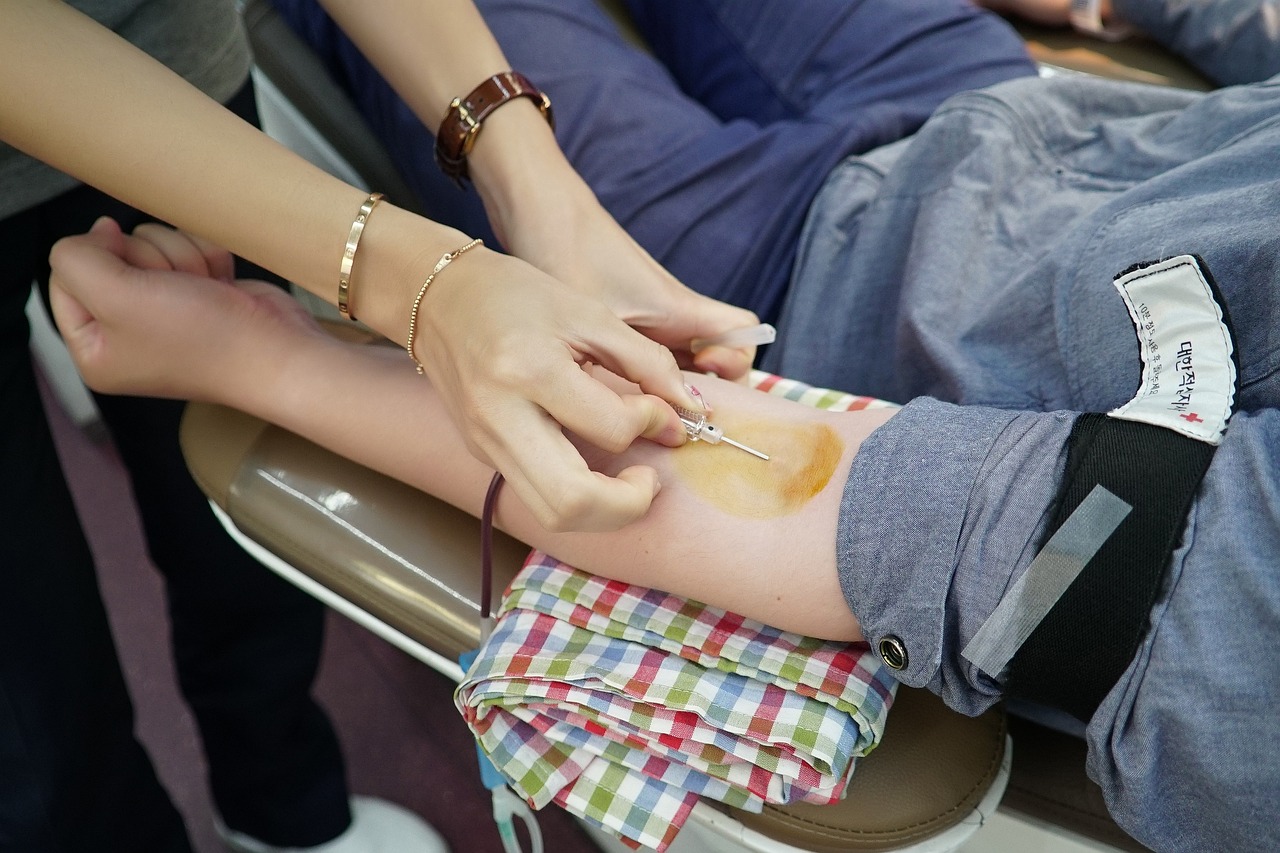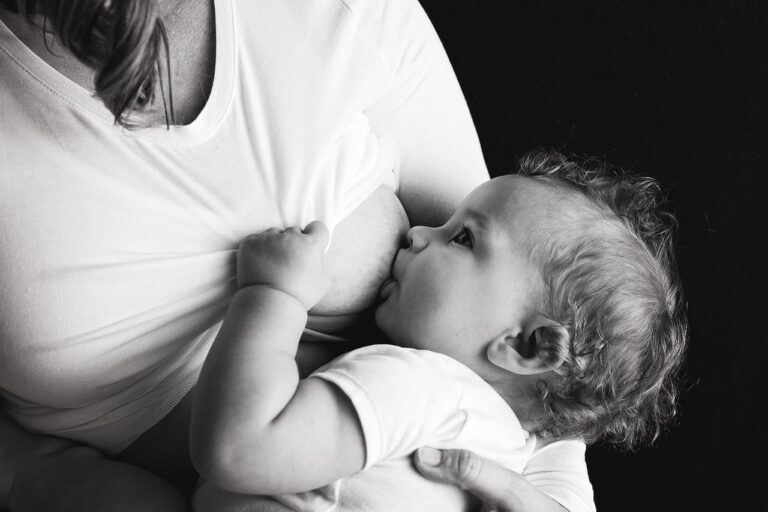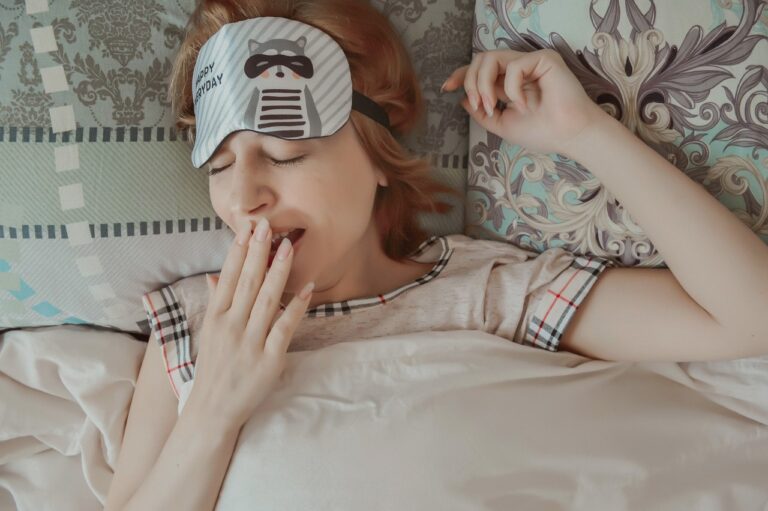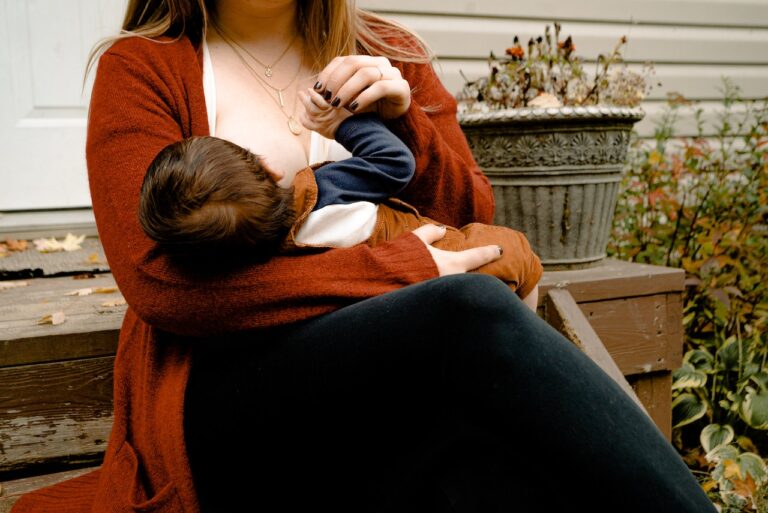What Can I Take for Hives While Breastfeeding?
Feeling itchy? Having an itch is a normal reaction from your body. The sensation usually goes away after a quick scratch. But sometimes, that itch doesn’t disappear so quickly.
There are many causes for itchy skin. Pruritus can happen if you have dry skin or an underlying condition. One of the most common reasons for an unbearable itch is hives.
Hives are irritating and uncomfortable. Luckily, it’s easy to get rid of them. And with mild cases, mothers don’t have to stop breastfeeding their babies while treating their condition.
What are Hives, and How Do You Get Them?
Hives are itchy welts that can appear on your body. They are usually a result of an allergic reaction to food or the environment.
When allergens enter your body, your mast cells will release histamine. However, this histamine can cause side effects, such as swelling and itching. Thus, groups of red, pink, or flesh-toned bumps can appear on your skin.
People are allergic to different things. But the most common allergens include food, dust, pet dander, insect bites, and medication.
Hives can also appear without an allergic reaction. Stress, tight clothing, exercise, and infections can all be reasons why you’re having an outbreak. Temperature changes can also cause hives.
Hives usually go away after taking medication. However, there are also chronic cases of hives. According to Everyday Health, chronic hives are cases that are six weeks long and beyond.
Chronic hives require more than over-the-counter medication. Diseases like celiac disease, type 1 diabetes, and lupus can cause chronic hives. Instances like these require immediate medical attention.
What Can I Take for Hives While Breastfeeding?
Mild hives can easily be treated at home. Anti-itch and anti-inflammatory drugs are available in pharmacies. Some medicines will require a prescription while others don’t.
Mothers are watchful with what medicines they take. Certain drugs can find their way into breast milk, and these substances can cause side effects to babies.
But don’t worry about allergy medicines. Antihistamines, like Zyrtec, are safe and won’t cause side effects on your child. Other antihistamine options include Allegra, Claritin, and Xyzal.
Ibuprofen is another drug that you can take if you have allergies. Like antihistamines, this anti-inflammatory is safe for your child.
However, antihistamine and anti-inflammatory drugs are ineffective against chronic hives. Severe cases will require different medications. These medicines will need to be prescribed by your physician.
Life-threatening allergic reactions will need immediate medical attention. Watch out for difficulty in breathing, nausea, vomiting, and swelling. Call 911 if you or anyone else are experiencing symptoms of severe allergic reaction.
Home Remedies for Hives
Home remedies can help alleviate itching while your medicine takes effect. These remedies are effective with mild cases of hives. You can do the following at home:
Don’t Scratch your Hives
Scratching your hives will only cause them to spread and become itchier. Plus, the friction can cause the welts to open up. This can lead to open wounds and infections. Control the urge to scratch your skin, even if the need arises.
Soak in a Cool Water Bath
Taking a bath can cool your skin and lessen the itching. A refreshing bath can also distract you from the urge to scratch your skin. Mix in baking soda, uncooked oatmeal, or colloidal oatmeal for further relief.
A shower is just as effective as a bath. But make sure to avoid scented products that can cause irritation. You should also avoid a warm or hot bath because it can worsen your hives and make them itchier.
Use a Cold Compress
A cold compress is an alternative to taking a bath or shower. You can use a cold compress on your hives to cool them off. A damp towel, dressing, or bandage can cool your hives. A compress can also keep you from scratching your skin.
Use Moisturizer
While moisturizers are meant for dry skin, you can also use them to cool and soothe your hives. Moisturizers with anti-itching ingredients can also be effective. To make your moisturizer more effective, you can refrigerate it first before applying it.
Wear Loose and Breathable Clothes
Textured clothes like wool and denim can further irritate your skin and make you feel uncomfortable. Instead, wear clothes that are loose and breathable. Light clothes with a softer texture won’t cause friction against your skin and hives.
Get Rid of Your Triggers
This is a crucial step if your hives are caused by allergies. Remove any and all triggers from your home. Getting rid of your allergens can lower the chance of it happening again.
You can do things like cleaning your house more to avoid dust or having a separate bed from your pets. You should also dispose of food products if they cause allergies.
You can’t permanently eliminate your allergens. However, you can actively avoid them by being vigilant and self-aware.
Lessen the Stress
Stress-induced hives are a sign that you need to take a breath. Stress can worsen any sickness, including hives. You will feel more uncomfortable and itchy if you are constantly on edge.
Reduce your stress by taking some time off. Have the day for yourself by doing the things you love. You can cook, garden, watch TV, or even sleep.
If parenthood is making you stressed out, then ask for help. Don’t be shy to let your partner, friends, or family know that you need assistance. People are more than willing to help you out in raising your child.
Conclusion
Hives are welts that can grow on your skin and cause itchiness. They can be a result of an allergic reaction or a medical condition. Sometimes, hives can be accompanied by other allergy symptoms.
Mild cases of hives are treatable with OTC medicine. Antihistamine and anti-inflammatory drugs are effective remedies. They are also safe for nursing mothers and their kids. Other home remedies include having a cool bath, using moisturizer, and reducing stress.
Hives are annoying, but they’re mostly not life-threatening. With the combination of medication and home remedies, you can get back to your family, itch-free.


